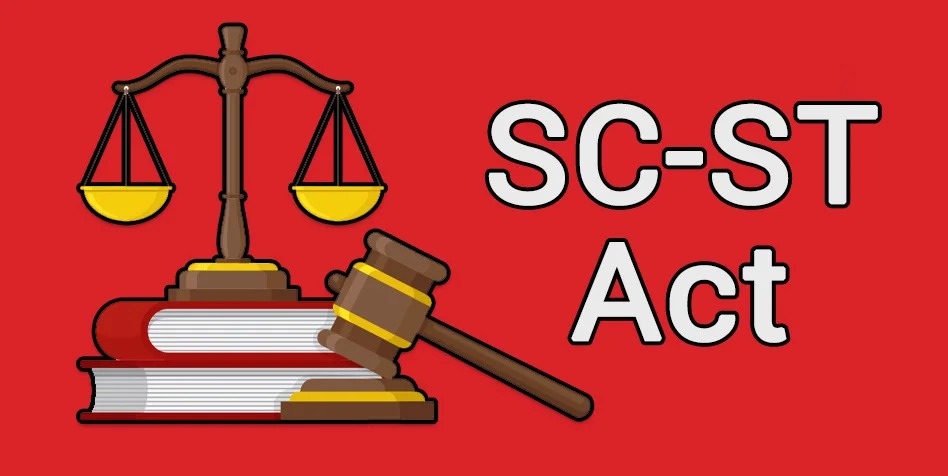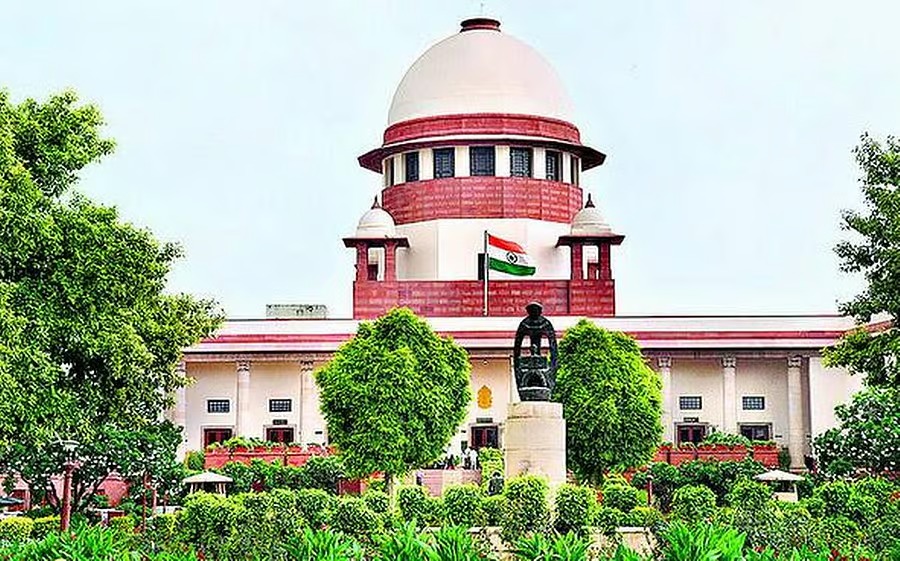D.Y. Chandrachud, J.@mdashBharat Sanchar Nigam Limited issued a tender notice on 10th August, 2005 for carrying out the work of ''earthing'' in various Telecom Exchanges in Ratnagiri. The object of earthing is to ensure inter alia, the safety of operational and maintenance personnel and of the users of facilities against hazardous voltages. Earthing also protects power supply, and switching, transmission and subscriber equipments against destructive voltages. Earthing is also used to facilitate the protection of mains against high frequency currents generated by rectifiers. The tender notice inter alia provided the following criteria of eligibility, namely:
(i) An experience certificate of an officer not below the rank of DGM of minimum two years'' of experience in execution of earthing work for a minimum of forty exchanges in DOT/BSNL/MTNL with effect from 1st April 2000; and
(ii) A minimum turnover of Rs. 10 lakhs in the previous two financial years.
2. On 1st September, 2005, the petitioner submitted a representation against the tender condition insofar as it required experience of earthing work in a minimum of forty Exchanges. Later, a corrigendum was issued by the Assistant General Manager at Ratnagiri by which the condition of experience of a minimum of forty exchanges came to be relaxed. The modified tender conditions were as follows:
1. Experience certificate issued by officer not below the rank of DGM for minimum 2 years of experience in execution of earthing work in DOT/BSNL/MTNL w.e.f. 1-4-2000.
3. The Tenderer should have minimum Turnover of Rs. 10,00,000/- (Ten lakhs) in any two financial years w.e.f. 1-4-2000 in execution of earthing work in DOT/BSNL/MTNL. The Turnover certificate should be signed by A.O. of concerned unit.
3. The petitioner has now instituted these proceedings to challenge the modified tender conditions. The grievance of the petitioner relates to the second of the aforesaid conditions which provides that the turnover of Rs. 10 lakhs in any two financial years with effect from 1st April, 2000 should be in the execution of earthing work for DOT/BSNL/MTNL. In the course of the hearing of these proceedings, Counsel appearing on behalf of the petitioner stated that the petitioner has no objection to the requirement of experience of a minimum of two years in executing earthing work for DOT/BSNL/MTNL. Similarly, it has been stated that the petitioner has no grievance about the requirement of a minimum turnover of Rs. 10 lakhs in any two financial years with effect from 1st April, 2000. The petitioner, however, objects to the requirement that the turnover of Rs. 10 lakhs should be in the execution of earthing work for DOT/BSNL/MTNL. The submission of the petitioner is that the work which is being contracted for is not of a technically complex nature; that other branch offices of BSNL do not impose such a condition while inviting tenders; and that the effect of that condition would be to exclude competition and result in the tender being awarded to the fifth respondent. It has been submitted that the tender condition was imposed with a view to favour the fifth respondent.
4. In considering these submissions, it needs no emphasis as a first principle of law that tender conditions are ordinarily immune from judicial review. This was settled by the judgment of the Supreme Court in
5. Having heard Counsel, we are unable to accede to the submission of the petitioner that the tender condition is arbitrary. Counsel for the petitioner attempted to demonstrate before the Court that the work which is sought to be contracted is of a simple nature without technical complexity. This has been disputed by the respondents and the affidavit which has been filed on behalf of the respondents emphasises the importance of the work of earthing. This is clearly a matter which rests in the contractual discretion of the respondents. The respondents seek to have earthing work carried out for the Exchanges in the Ratnagiri Area and it is for the respondents to design appropriate tender conditions which would fulfil the object and purpose of the contract. An aggrieved bidder cannot be heard to say that the tender conditions should be less stringent or that a more relaxed condition of eligibility will equally subserve the purpose of the respondents. This Court would be overstepping the limits of the jurisdiction under Article 226 of the Constitution if it were to compel the respondents to dilute the tender conditions. No such exercise is permissible in the jurisdiction of the Court under Article 226 of the Constitution while exercising the power of judicial review. If a public authority insists on imposing tender conditions which would ensure the award of a contract to a bidder with a certain degree of technical expertise or of a certain level of financial solvency, there is nothing arbitrary in that decision. The allegation of mala fides is unsubstantiated. Besides, the respondents have drawn the attention of the Court in their affidavit in reply to the fact that of the bidders who submitted bids in pursuance of the tender notice, three bidders have all the necessary certificates including the certificate of turnover that would meet the tender condition. The fifth respondent is, therefore, not the only bidder which is able to meet the tender condition of a turnover of Rs. 10 lakhs in earthing work. The respondents have a valid justification for the tender condition, even on the assumption that the validity of such a condition can at all be scrutinized by the Court under Article 226 of the Constitution.
6. In these circumstances, we do not find any merit in the petition. The petition shall accordingly stands dismissed.

